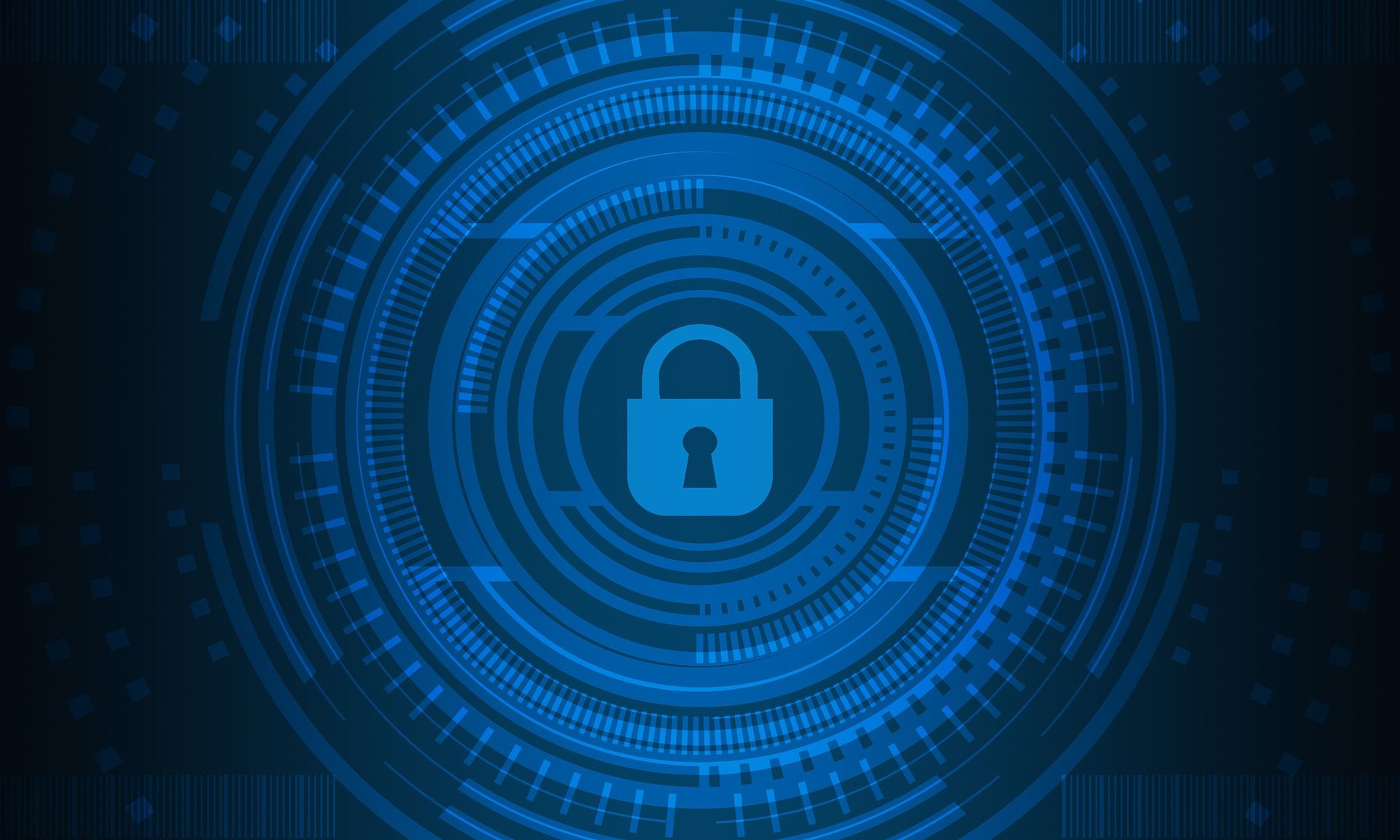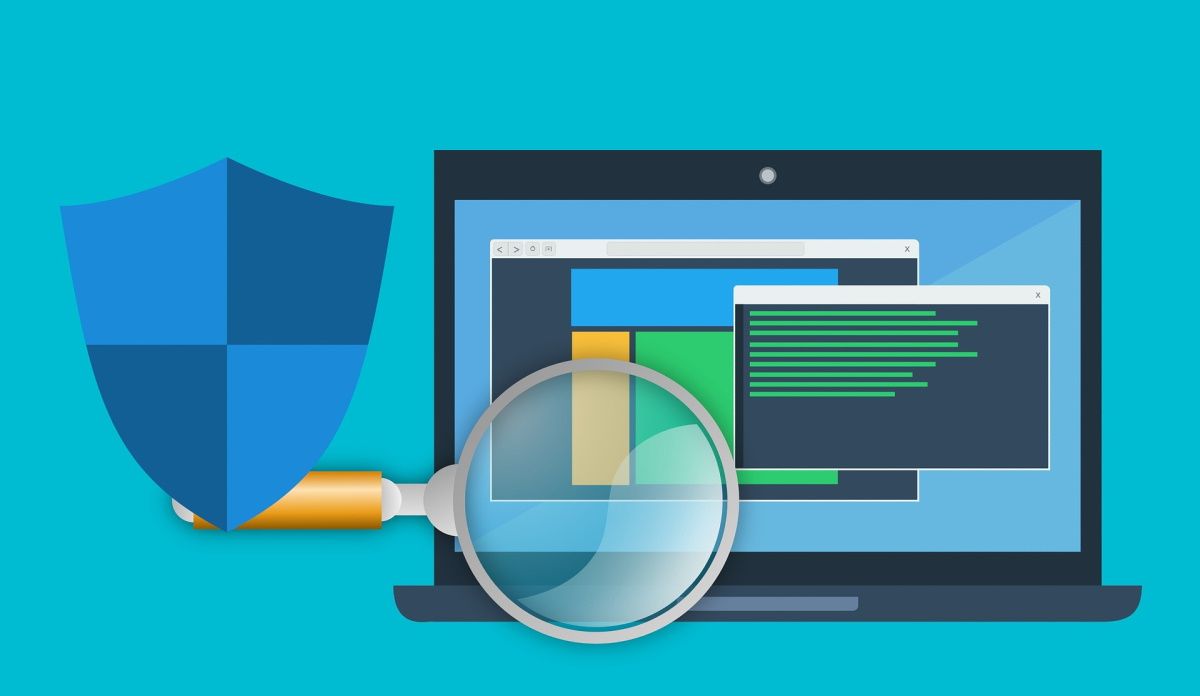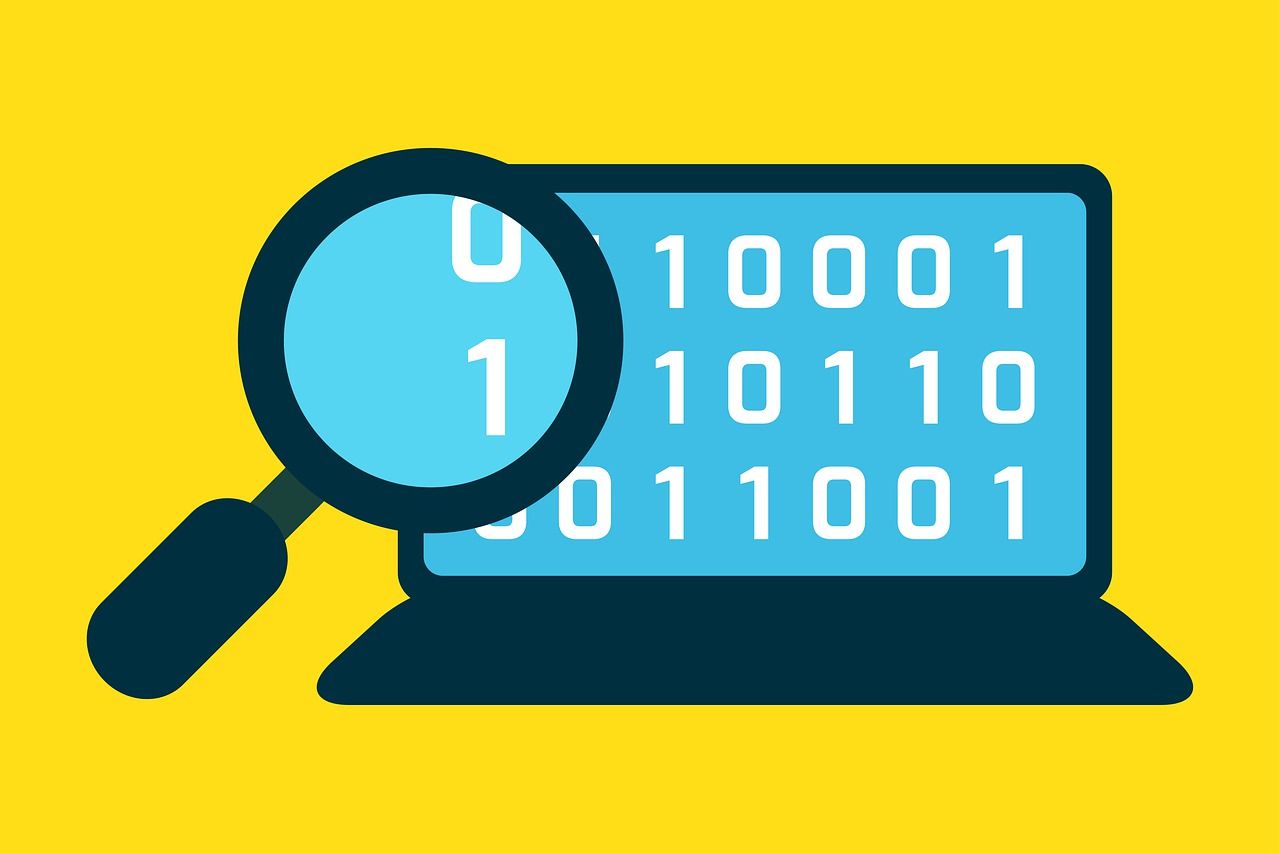In August 2021, a merger was announced between NortonLifeLock and Avast.
Mergers are not unusual in cybersecurity. Large companies (Avast in particular) acquire smaller companies every year. This deal, however, has received a lot of attention because of its size. Once completed, it will be the third largest acquisition to ever occur in the industry.
So what does the merger mean for the customers of Norton and Avast? And what does it mean for online security as a whole?
What Do We Know So Far?
NortonLifeLock is an American security company with over 80 million users. They offer antivirus, identity theft protection, and a VPN service.
Avast is a Czech security company with over 435 million users. They are best known for their freemium antivirus products but they are also a popular VPN provider.
Once the deal is completed, Norton will acquire all of Avasts shares for between $8.1 and $8.6 billion. The new company will be one of the largest providers of security software.
The CEO of Norton will remain in charge, while the CEO of Avast will become the company's new president. The vast majority of customers will come from Avast and the company will be joint headquartered in Prague, Czech Republic, and Tempe, Arizona. It's expected that the deal will be finalized in 2022.
The deal is expected to be highly profitable because it provides opportunities for both companies to grow. Norton will be able to market their products to 435 million Avast users, and vice versa.
Each company will also have greater access to the other's primary market. Avast is expected to become more popular in America too.
What Does the Merger Mean for Customers?
It's not yet known exactly what the deal will mean for existing customers of each company. The most likely outcome is that both sets of customers will benefit from a wider range of services.
Norton is considered stronger in identity protection while Avast has always been primarily focused on privacy. The new company is likely to want to combine these specialities.
Avast is arguably best known for its freemium service. Out of its 435 million users, only 16.5 million users pay a subscription fee. Norton is primarily a paid-for service but the new company is highly unlikely to expect free users to suddenly start paying.
The freemium model has been highly profitable for Avast. The idea behind freemium antivirus is that a portion of all free users can eventually be convinced to pay for a premium service.
In other words, the value of the merger is largely based on its free userbase and the resulting company probably won't do anything that could cause those numbers to drop.
What Does the Merger Mean for Online Security?
Mergers are usually not good news for those outside of the agreement. While it's still too early to predict the outcome of Norton and Avast becoming one company, it does raise a number of potential questions.
Norton and Avast were already very large companies. Together, they don't form a monopoly, but every time a merger such as this one happens, the industry as a whole becomes a little less competitive.
Over time, less competion usually leads to higher prices. This isn't a problem to the millions of people who only utilize free antivirus products. But a lack of competition can also result in more functionality being reserved for paying customers.
Mergers between antivirus companies also have the potential to prevent innovation. It's reported that the merger between Norton and Avast will result in a 25 percent reduction in staff numbers.
This could be nothing more than reorganization. But it could also mean fewer engineers trying to find new ways to protect against malware.
If you read antivirus reviews, you might have noticed that Avast and AVG usually get identical scores. This is because Avast acquired AVG in 2016. Their identical scores are the result of the fact they now use the same detection engine.
It's possible that Norton and Avast will continue to offer very different services but if their products become too similar, this can lead to an increase in cybercrime.
Cybercriminals work hard to get their products past antivirus software. This makes it preferable for them when large antivirus companies start offering identical products.
It allows them to target more people while worrying about fewer antivirus engines.
Other Notable Mergers in Online Security
Norton's acquisition of Avast makes sense when taken in the context of the cybersecurity industry as a whole. Acquisitions are common place, allowing large software companies to greatly increase their userbase in a matter of months.
Norton has acquired numerous companies in recent years. In 2020, they acquired Avira for $360 million. They also purchased VPN provider SurfEasy in 2017. The company, formerly known as Symantec, actually got their name from their acquisition of LifeLock in 2016.
Avast have also been busy acquiring smaller software companies during the same time period. Their most notable is AVG but they also acquired Piriform who are the developers behind CCleaner.
While acquisitions are generally considered a negative occurrence, the current level of consolidation within the industry does not appear to be harming consumers.
Both Norton and Avast have continued to be popular among consumers and respected by security experts. And even after this merger is finalized, the new company will still face heavy competition from other big players in the industry such as McAfee and Kaspersky.
Should Customers Be Worried?
If you're a customer of Norton or Avast, the merger between them isn't necessarily anything to worry about. Each company is roughly equal in terms of reputation and if any significant changes are made to their product line, they are likely to be positive.
For the industry as a whole, however, it's difficult to see how this merger can be beneficial. At best, mergers such as this one have the potential to discourage innovation and competitive pricing.
And at worst, popular products start to utilize identical code which makes life easier, not harder for cybercriminals.




